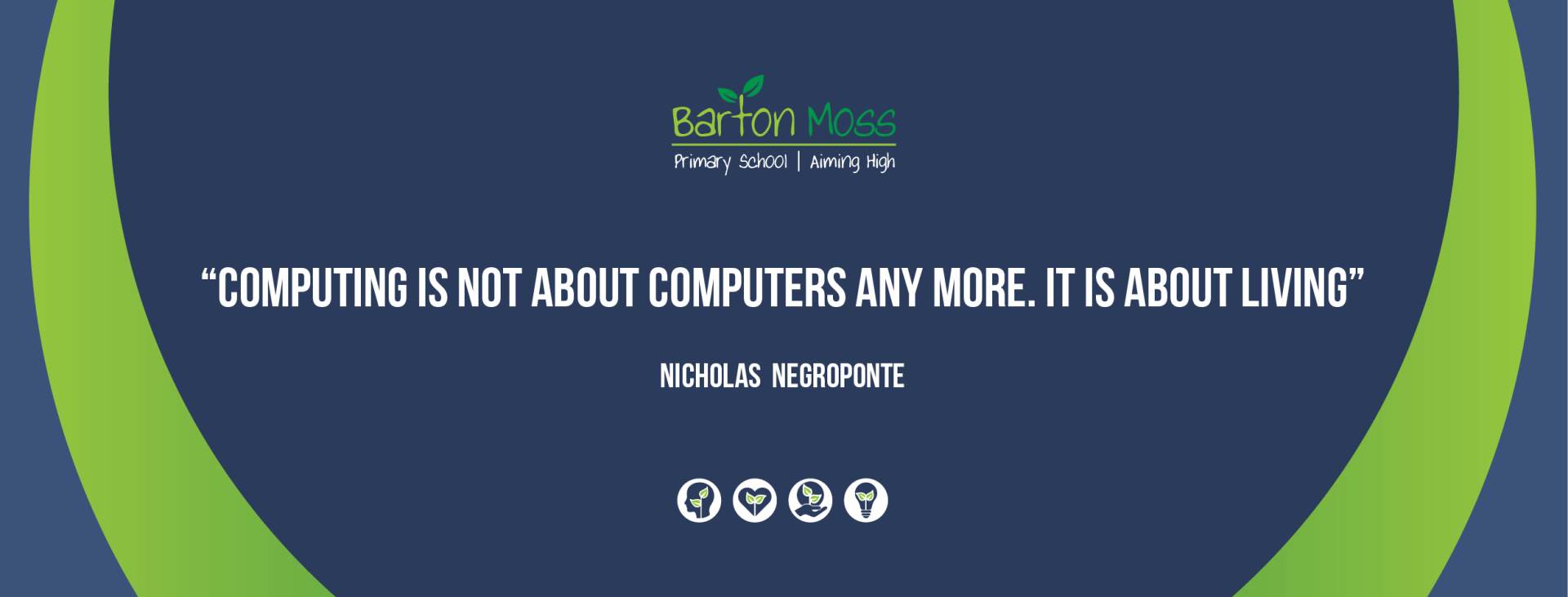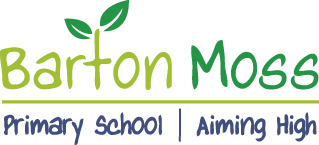Computing

At Barton Moss, we recognise the importance of preparing our children for a future filled with technological advancements and opportunities. Our Computing curriculum is designed to equip students with the skills and knowledge they will need in an ever-evolving digital world. We use Kapow as the foundation for teaching computing, while incorporating additional resources to ensure a progressive and comprehensive curriculum across all year groups and Key Stages.
Kapow places a strong emphasis on the core elements of the computing curriculum, particularly in developing students' understanding of computer science. It offers numerous opportunities for children to practice and apply fundamental principles, including how information systems and digital systems function, and how this knowledge can be applied through programming. By building on the foundational concepts of computer science, students develop essential digital skills that they will use throughout their schooling and in later life.
Kapow also empowers students to apply their learning by selecting and using a variety of software to achieve specific objectives. The scheme equips our pupils with the tools and knowledge necessary to express themselves creatively using information and communication technology, fostering both technical proficiency and creativity.
Class learning is documented in class books, which may include photographs or screenshots of students' work. These are annotated by the children to explain their learning process. These class floor books are integral to the assessment process, allowing teachers to track progress. Assessments are conducted using a spreadsheet provided by Kapow, alongside other non-core subjects, at the end of each term.
Our aim is to ensure that students build their computing knowledge progressively, developing concepts and skills that can be applied across various contexts. As we prepare our pupils for a future of unknown possibilities, we understand that many jobs they will encounter do not yet exist but will require some level of digital proficiency. With this in mind, computing is a key component of our curriculum and plays a crucial role in our educational provision.
By the time students leave Barton Moss at the end of Year 6, it is our ambition that they are computer literate and ready to embrace the technological changes that will arise in wider society. Through the use of Kapow and other resources, we ensure our students are well-prepared for the digital world and equipped with the skills to thrive in it.
National Curriculum - Computing
S